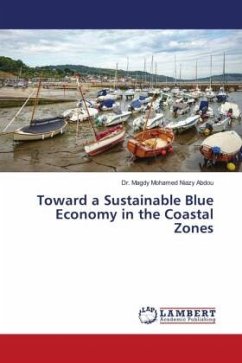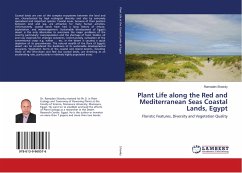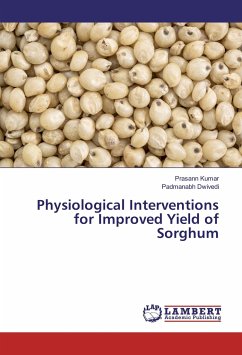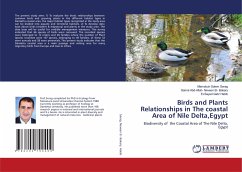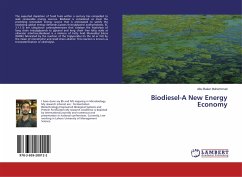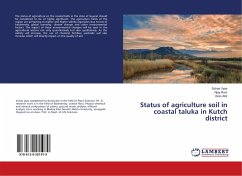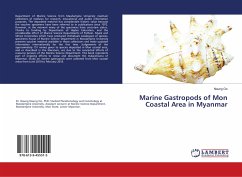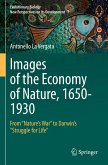A sustainable blue economy approach can help bridge poverty-environment challenges The blue economy focuses on sustainable and equitable use of ocean resources for economic growth, improved livelihoods and jobs. This includes fisheries, aquaculture, tourism, shipping, offshore renewable energy and more. Well-managed ocean industries can provide jobs and incomes that lift coastal communities out of poverty. For example, sustainable fisheries and aquaculture create fishery-related employment. At the same time, unsustainable use of oceans threatens both biodiversity and communities that rely on marine ecosystems for their livelihoods. Overfishing, pollution and habitat destruction hurt both the environment and long-term economic opportunities. A blue economy approach tries to balance these factors by promoting industries and policies that conserve marine ecosystems while still allowing sustainable human use.
Bitte wählen Sie Ihr Anliegen aus.
Rechnungen
Retourenschein anfordern
Bestellstatus
Storno

